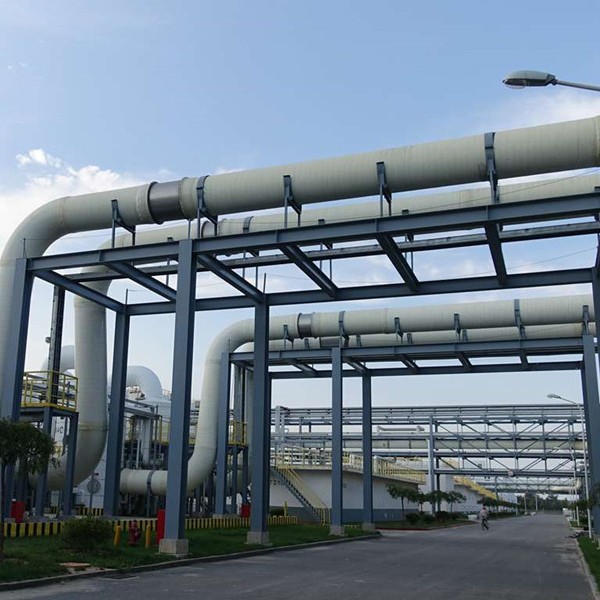
-
 Afrikaans
Afrikaans -
 Albanian
Albanian -
 Amharic
Amharic -
 Arabic
Arabic -
 Armenian
Armenian -
 Azerbaijani
Azerbaijani -
 Basque
Basque -
 Belarusian
Belarusian -
 Bengali
Bengali -
 Bosnian
Bosnian -
 Bulgarian
Bulgarian -
 Catalan
Catalan -
 Cebuano
Cebuano -
 China
China -
 China (Taiwan)
China (Taiwan) -
 Corsican
Corsican -
 Croatian
Croatian -
 Czech
Czech -
 Danish
Danish -
 Dutch
Dutch -
 English
English -
 Esperanto
Esperanto -
 Estonian
Estonian -
 Finnish
Finnish -
 French
French -
 Frisian
Frisian -
 Galician
Galician -
 Georgian
Georgian -
 German
German -
 Greek
Greek -
 Gujarati
Gujarati -
 Haitian Creole
Haitian Creole -
 hausa
hausa -
 hawaiian
hawaiian -
 Hebrew
Hebrew -
 Hindi
Hindi -
 Miao
Miao -
 Hungarian
Hungarian -
 Icelandic
Icelandic -
 igbo
igbo -
 Indonesian
Indonesian -
 irish
irish -
 Italian
Italian -
 Japanese
Japanese -
 Javanese
Javanese -
 Kannada
Kannada -
 kazakh
kazakh -
 Khmer
Khmer -
 Rwandese
Rwandese -
 Korean
Korean -
 Kurdish
Kurdish -
 Kyrgyz
Kyrgyz -
 Lao
Lao -
 Latin
Latin -
 Latvian
Latvian -
 Lithuanian
Lithuanian -
 Luxembourgish
Luxembourgish -
 Macedonian
Macedonian -
 Malgashi
Malgashi -
 Malay
Malay -
 Malayalam
Malayalam -
 Maltese
Maltese -
 Maori
Maori -
 Marathi
Marathi -
 Mongolian
Mongolian -
 Myanmar
Myanmar -
 Nepali
Nepali -
 Norwegian
Norwegian -
 Norwegian
Norwegian -
 Occitan
Occitan -
 Pashto
Pashto -
 Persian
Persian -
 Polish
Polish -
 Portuguese
Portuguese -
 Punjabi
Punjabi -
 Romanian
Romanian -
 Russian
Russian -
 Samoan
Samoan -
 Scottish Gaelic
Scottish Gaelic -
 Serbian
Serbian -
 Sesotho
Sesotho -
 Shona
Shona -
 Sindhi
Sindhi -
 Sinhala
Sinhala -
 Slovak
Slovak -
 Slovenian
Slovenian -
 Somali
Somali -
 Spanish
Spanish -
 Sundanese
Sundanese -
 Swahili
Swahili -
 Swedish
Swedish -
 Tagalog
Tagalog -
 Tajik
Tajik -
 Tamil
Tamil -
 Tatar
Tatar -
 Telugu
Telugu -
 Thai
Thai -
 Turkish
Turkish -
 Turkmen
Turkmen -
 Ukrainian
Ukrainian -
 Urdu
Urdu -
 Uighur
Uighur -
 Uzbek
Uzbek -
 Vietnamese
Vietnamese -
 Welsh
Welsh -
 Bantu
Bantu -
 Yiddish
Yiddish -
 Yoruba
Yoruba -
 Zulu
Zulu
High-Quality Fiberglass Pipe Flanges for Industrial Applications
Understanding Fiberglass Pipe Flanges A Comprehensive Overview
Fiberglass pipe flanges are essential components in a wide range of industrial applications, specifically when working with piping systems that require durability, resistance to corrosion, and versatility. Known for their lightweight properties and strong performance, fiberglass flanges have gained popularity in various sectors, including chemical processing, water treatment, and oil and gas industries.
Composition and Properties
Fiberglass flanges are made from a composite material that typically consists of glass fibers embedded in a resin matrix. This combination provides unique attributes that enhance the performance of flanges in harsh environments. The primary advantage of using fiberglass is its impressive resistance to corrosion. Unlike metal flanges that may succumb to rust and degradation over time, fiberglass maintains its structural integrity even when exposed to corrosive agents such as acids, solvents, and moisture.
In addition to corrosion resistance, fiberglass flanges are lightweight compared to their metal counterparts. This characteristic facilitates easier handling and installation, reducing labor costs and lowering the risk of injury during transport. Furthermore, fiberglass flanges exhibit excellent thermal insulation properties, making them suitable for applications involving temperature fluctuations.
Design and Types
Fiberglass pipe flanges come in various designs, each tailored to specific operational needs. Common types include raised face flanges, flat face flanges, and socket weld flanges. The selection of flange type often depends on the application, pressure requirements, and the nature of the fluids being transported.
fiberglass pipe flanges

The manufacturing of fiberglass flanges can also be customized to meet specific dimensional standards, ensuring compatibility with existing piping systems. Industries often request flanges that align with ANSI, DIN, or JIS standards, ensuring seamless integration into their operations.
Advantages Over Metal Flanges
One of the most significant advantages of fiberglass flanges is their cost-effectiveness in the long run. While the initial investment may be higher than traditional metal options, the longevity and reduced maintenance needs associated with fiberglass lead to lower overall expenditure. Additionally, the low thermal conductivity of fiberglass helps to minimize energy loss in systems that convey hot liquids, contributing to increased efficiency.
Another notable benefit is the ability of fiberglass flanges to operate within a wide temperature range. They can function effectively in both hot and cold environments, making them suitable for diverse industrial applications.
Applications
Fiberglass flanges are utilized across various sectors due to their versatile nature. In the chemical industry, they are frequently employed in the transport of aggressive chemicals where traditional flanges might fail. Water treatment facilities also rely on fiberglass flanges for piping systems that carry drinking water or wastewater, ensuring the materials used do not contaminate the fluids.
In conclusion, fiberglass pipe flanges represent a modern solution to the challenges faced in industrial piping systems. Their resistance to corrosion, lightweight nature, and adaptability make them an ideal choice for many applications. As industries continue to seek efficient and durable solutions, the use of fiberglass flanges is set to grow, providing a reliable option for optimal performance in demanding environments.









